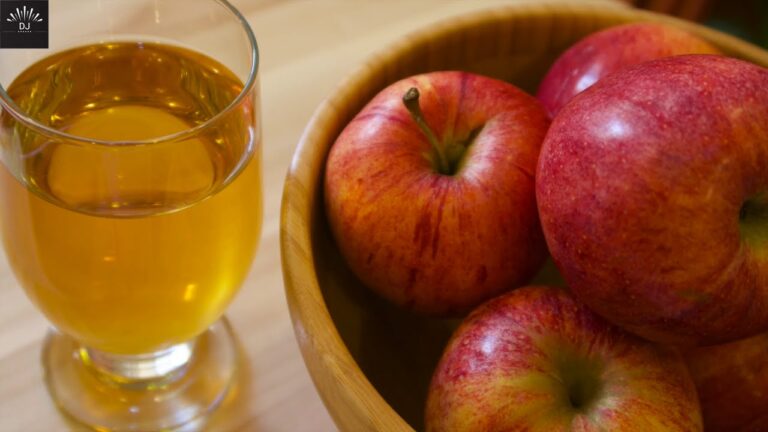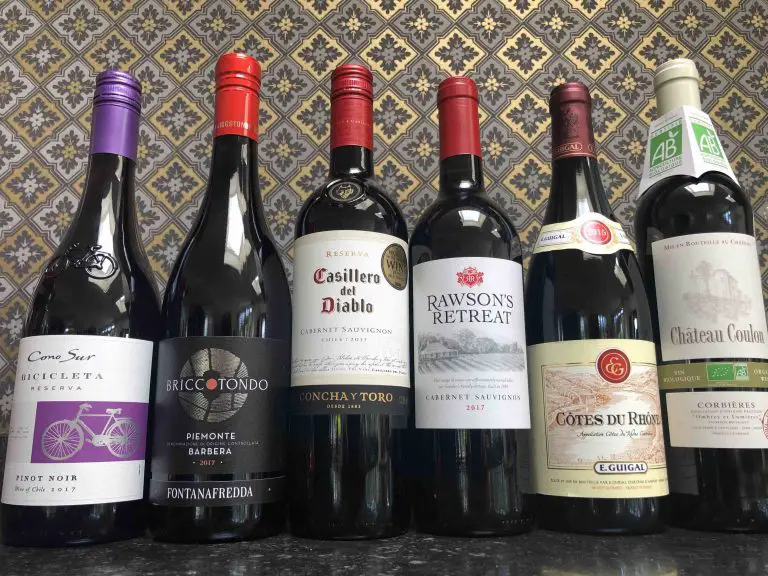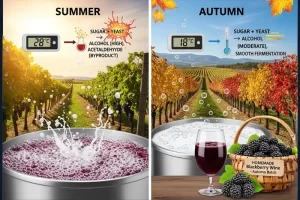We have these guidelines, you know, 1.6
g per kilogram for the athlete and the
person really trying to optimize 1.2 to
1.6 g for everyone else.
But does where that protein’s coming
from affect strength affect
the building of muscle mass because of
things like protein absorption and
utilization differences between
specifically between foods that contain
animal protein and foods that contain
plant protein.
So where do you where do you begin
in terms of looking at the evidence to
help answer that question? Well, a lot
of people will site um studies on again
muscle protein synthesis as we we’ve
talked about. Some people will point out
the amino acid profiles of different
foods. I would go straight to the trials
actually assessing again muscle and
strength gains because that’s the topic
at hand here. If it is the case that
animal protein and plant protein result
in the same muscle and strength gains
provided you’re consuming the same
amount, then who cares about all that
other stuff? Now, for the sake of this
discussion, we can definitely dive into
that that information and and kind of
break it down further. But if we were to
go straight to those randomized control
trials to start here, we have two now or
sorry clinical trials because they were
not randomized. And I’ll get to that in
a moment, but two clinical trials that
we have. So, one of them was a Brazilian
study done by Hamilton Rashelle and
heavy rain and colleagues. And in this
study, they had 19 vegans and 19 meat
eataters. Now, the reason it wasn’t
randomized was because they wanted
people who regularly consumed those
diets. It’s a bit more of a challenge if
you were to take a regular meat eater
and then place them on a vegan diet and
have them match protein because they’re
trying new foods. They aren’t used to
these plant foods, how to prepare them.
They might not know what Satan or or
maybe haven’t prepared tofu and all of
that. So, they had 19 of each. They had
them up their protein to 1.6 grams per
kilogram of body weight, either
exclusively from plants or mostly from
animals. and they had them resistance
training twice a week for 12 weeks and
then they measured the changes in
strength and muscle gains from the
beginning to the end and there were no
significant differences between groups
and so that suggests that both can
support similar performance or or
similar improvements. Now following that
there was another study out of the UK by
Montaigne and colleagues where they
actually did randomize most people. Now
this is one nitpick I have for this
study. I wish they would have excluded
people that they didn’t randomize. So
they randomized most people to either a
vegan or omnivorous diet, but they had
one or two people who were already
vegetarian or vegan. So they put them in
that group rather than
And this one was men and women.
Yes. Yes. Yeah. The first one was men.
Um
so they had them uh up their protein now
aiming for 2 g per kilogram. Not because
they think that that was necessary, but
so that they have a buffer because they
ended up consuming more like 1.8 or so.
So still above that 1.6. They also had
both groups consume creatine because
that can also further bolster gains. And
they had them training a lot more this
time five times a week for 10 weeks. And
once again, no differences in muscle or
strength gains. And one of the primary
protein sources was mop protein. So this
is a mcelium is sort of a type of fungi
that that’s really high in protein um
and is sometimes used in like meat
alternatives. Um, and so those two
trials show that actually there are no
clear significant differences in muscle
and strength gains as long as you’re
consuming the same amount of protein.
And that’s ultimately what matters. And
we can get into the nitty-gritty of
again those other details I mentioned,
but that’s that’s the end result. Just
to give people a little bit of an
overview of I guess the the history
coming into those papers
there there have been over the years a
bunch of studies that have compared an
isolated animal protein to an isolated
plant protein and then just looked at at
muscle protein synthesis in the in the
kind of postmeal period.
And a lot of those studies did point to
the animal protein being more anabolic.
So I think generally speaking, I’m not
sure if you would agree with this, but
at least from from what I’ve read, the
hypothesis going in from a lot of people
was that the animal the omnivorous diet
where 60% of proteins coming from animal
would probably lead to better muscle and
strength outcomes.
That would be the hypothesis from those
acute studies from those acute studies.
But those two studies came out. Plus,
there’s now studies looking at
muscle protein synthesis, not only in
the acute postmeal period, but daily
muscle protein synthesis. And the one
that’s coming to mind
first here is a study from Nicholas Bird
that you and I were were speaking about.
And the reason I want to go here first
is that this came out this year and that
was also healthy adults. So that was a
that was a kind of young adult
population. And the reason it’s
interesting is because the two studies
that you mentioned,
they were pretty high protein.
Yeah.
Like 1.6 and the other one was two.
Um, one of them was 1.6. One of them
they were aiming for two, but they ended
up hitting about 1.8.
1.8. But those are really high. So some
people might see those and say, “Okay,
so maybe there’s no difference
between plant and animal. when you jack
up protein that high, you overcome the
differences in like amino acid profiles.
So then Nicholas Bird and his group,
they they looked at a protein intake of
1.1 to 1.2 g per kilogram. Again, that’s
more in line with just the general
person. If you go and pluck someone, you
know, out out of a random neighborhood
in Los Angeles who’s not tracking their
protein, they probably land at 1.1 1.2.
Would you agree with that? Yeah.
Yeah. And they were looking at not just
this muscle protein synthesis signal
straight after a meal because we’ve over
time we’ve realized that there are some
issues with that and maybe we want to
double click on that. But looking at
daily muscle protein synthesis and they
compared a a vegan diet to an omnivorous
diet. There was two different meal
distributions.
Yeah. So they had there was four groups.
There was two omnivorous groups and two
vegan groups. And then one of each had
an unbalanced sort of meal schedules
similar to what you might have in a
standard diet where low protein
breakfast, moderate protein lunch, high
protein dinner. And then they had the
other groups um five meals, 20% of
protein at each meal. So evenly
distributed. So they’re they’re kind of
answering two questions. A is there a
difference between
an omnivorous diet and a vegan diet when
it comes to daily muscle protein
synthesis at protein intakes which are
just representative of normal people?
And then second, does the distribution
of that protein matter? If it’s if it
again is in line with how people
normally eat where they’re stacking
protein at dinner, is that
disadvantageous compared to like this
even distribution that perhaps is a bit
more of a bodybuilder style way of
eating? And over that 9-day study
measuring daily muscle protein synthesis
and taking muscle biopsies, again, no
significant no significant differences
between the two groups
between all four groups.
Between all four groups.
Yeah, between all four. And they also uh
were resistance training throughout that
time. I don’t know if you mentioned
there. So that’s important to note. Um
and what’s actually interesting is if
you look at the vegan groups compared to
the omnivorous groups, they found that
there was less uh post exercise fatigue
and some interesting findings that way
as well. So something to maybe further
explore uh down the road. I recently ran
my full labs through function health and
I have to say the results were
eyeopening. Turns out my apo was higher
than ideal, probably thanks to a little
too much coconut yogurt. I also found
out I was slightly low in copper,
something that I would have never
suspected without testing. On the flip
side, my biological age came back 13.3
years younger than my actual age, a
calculation based on the work of aging
researcher Dr. Morgan Levine. So, all in
all, I’ve got a few tweaks to make to
optimize my lipids and nutrient status,
but overall, my blood work says I’m
doing pretty well. That’s what I love
about Function. You get access to over60
biomarkers covering everything from
hormones and inflammation to nutrients,
toxins, cardiovascular risk, and more.
And all your results are housed in one
beautiful platform, all tracked over
time. Once you get your results, you can
make informed changes before small
issues become big ones.
Plant or Animal Protein? What Actually Drives Muscle Gains and Daily MPS
Disclosure: Als Bol.com en Brouwland.nl partner ontvangt deze website een kleine commissie bij aankopen via bovenstaande link.











![De kunst van malolactische gisting: wanneer en waarom je wijn zachter wordt (uitgebreide uitleg]](https://zelfwijnmaken.com/wp-content/uploads/2025/09/GoodFeeling.nl-xxx-2-150x150.webp)

